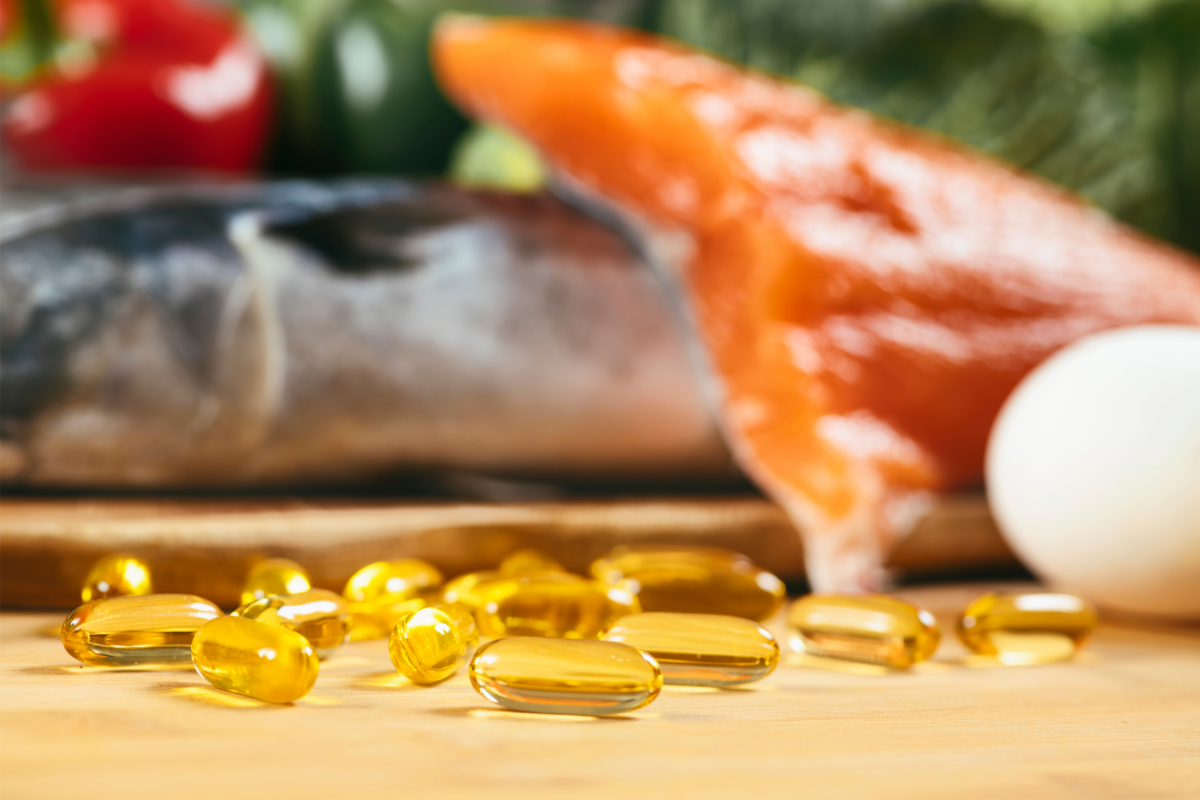Natural Energy vs. Energy Gels: Optimal Fuel Source for Athletes
In the realm of sports nutrition, athletes often face the dilemma of choosing between energy gels and natural foods to fuel their performance. Both options offer distinct advantages and considerations. Understanding their differences can help athletes make informed decisions to optimize their training and competition outcomes.
The World of Energy Gels: What are They and How Do They Work?
Energy gels are concentrated sources of carbohydrates, electrolytes, and sometimes caffeine, packaged in a convenient, portable form. They are designed to provide quick energy during intense physical activity by replenishing glycogen stores and supporting hydration levels. Typically, energy gels are consumed without the need for chewing, ensuring rapid absorption and minimal disruption to performance.
The Power of Nature: Advantages of Natural Foods for Athletes
Natural foods, such as fruits, nuts, and whole grains, offer athletes a variety of nutrients and benefits that energy gels may not provide. They contain fiber, vitamins, minerals, and antioxidants that contribute to overall health and sustained energy levels. Natural foods are also generally less processed, which can benefit digestion and long-term health outcomes.
Sustainable Performance: How Energy Gels Impact Your Body
Energy gels provide a rapid influx of carbohydrates, which can spike blood sugar levels and offer immediate energy. However, this quick energy boost may be followed by a crash if not consumed strategically. The high concentration of sugars and electrolytes in energy gels can also lead to gastrointestinal discomfort in some athletes, especially during prolonged use or intense exercise.
Tailored Nutrition: Choosing Natural Foods for Long-lasting Energy
Natural foods offer a balanced approach to fueling athletic performance. They provide complex carbohydrates that are digested more slowly, offering sustained energy release without the risk of energy spikes and crashes. Additionally, the presence of fiber promotes satiety and supports digestive health, which can be advantageous during prolonged physical exertion.
Digestion and Absorption: Comparing the Efficiency of Gels and Natural Foods
Energy gels are designed for rapid absorption, bypassing the need for extensive digestion. This makes them ideal for immediate energy needs during endurance events or intense training sessions. On the other hand, natural foods require digestion, which can slow the release of energy but provide more sustained benefits over time.
Key Ingredients: What to Look for in Energy Gels and Natural Foods?
When choosing energy gels, athletes should look for products that contain easily digestible carbohydrates, electrolytes (such as sodium and potassium), and optionally caffeine for enhanced performance. Natural foods should include a mix of carbohydrates, healthy fats, proteins, vitamins, and minerals to support overall nutritional needs.
Cost and Convenience: Which Option is More Viable for Athletes?
Energy gels are convenient for carrying during training and competitions, offering precise portions of energy without bulk. However, they can be more expensive per serving compared to natural foods. Natural foods, while requiring more preparation and storage, are generally more cost-effective and offer a wider range of nutritional benefits beyond immediate energy.
Case Studies: Elite Athletes’ Preferences for Gels or Natural Foods
Many elite athletes tailor their nutrition strategies based on personal preferences, training goals, and event requirements. Some prefer the precise and quick energy delivery of energy gels during key moments of competition, while others prioritize natural foods for sustained energy and overall health benefits during training phases.
Consumption Strategies: When and How to Use Energy Gels and Natural Foods
Athletes should experiment with both energy gels and natural foods during training to determine what works best for their individual needs. Energy gels are ideal for rapid energy replenishment during races or high-intensity workouts. Natural foods can be consumed before exercise to provide sustained energy or during longer events to complement energy gel consumption.
Final Considerations: Choosing the Ideal Option for Your Performance and Well-being
The choice between energy gels and natural foods ultimately depends on individual preferences, training objectives, and nutritional requirements. Athletes can benefit from integrating both options into their nutrition plans based on the specific demands of their sport and personal physiological responses. Balancing convenience, effectiveness, and overall health considerations will help athletes achieve optimal performance and well-being.
https://4endurance.com/blogs/nutrition/the-best-energy-gels-for-athletes-learn-the-facts
Fernanda Bueno, the passionate author behind the insightful guidance on mountain running here at Diversity and Curiosity. With a deep love for both nature and fitness, Fernanda brings a wealth of knowledge and personal experience to her writing. Her articles not only provide practical advice for beginners in mountain running but also inspire a sense of adventure and exploration. Through detailed training plans, nutrition tips, and gear recommendations, Fernanda empowers readers to embark on their own mountain running journeys with confidence. Her dedication to promoting diversity in outdoor sports and curiosity-driven exploration shines through in every engaging piece, making her a trusted voice in the mountain running community.

